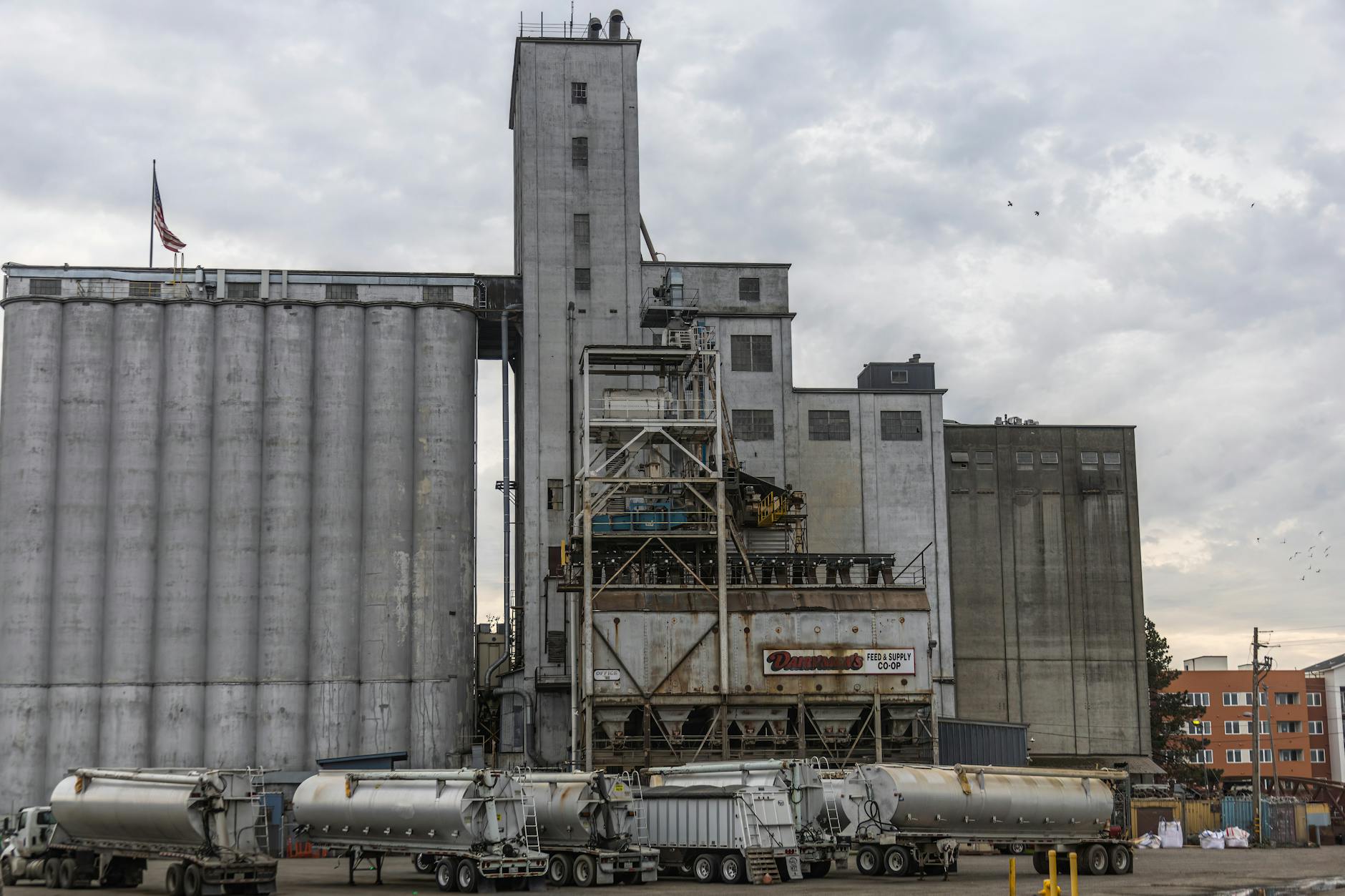A silent storm is gathering on the horizon, one that threatens to send shockwaves through the global automotive industry and potentially impact every new car buyer. Unprecedented geopolitical tensions between major global powers are creating a volatile landscape, placing critical automotive semiconductor chip supplies at severe risk. This brewing crisis could dramatically slow down vehicle production worldwide, turning the dream of a new car into a difficult-to-achieve luxury for many, and it’s happening right now.
The Looming Automotive Semiconductor Crisis Explained
The engines of modern automobiles are no longer purely mechanical marvels; they are sophisticated networks powered by an intricate web of semiconductor chips. From advanced driver-assistance systems (ADAS) to infotainment and crucial engine management, these tiny components are the lifeblood of today’s vehicles. Alarm bells are ringing across the industry as a significant disruption to this vital supply chain appears increasingly inevitable. Experts warn that the sheer volume of chips required for each new car, coupled with the specialized nature of automotive-grade components, makes this particular shortage a grave concern, unlike general electronics market fluctuations.
Geopolitical Ripples: How Global Tensions Are Fueling the Fire
At the heart of this brewing crisis lies the increasingly strained relationship between two economic behemoths: the United States and China. The ongoing technological rivalry and strategic competition between these nations are not merely political rhetoric; they are actively shaping global manufacturing landscapes. Measures such as export controls, restrictions on technology transfers, and the push for domestic production are inadvertently creating bottlenecks and uncertainties in the intricate global semiconductor supply network. Automakers, relying heavily on a globally interconnected manufacturing ecosystem, find themselves caught in the crossfire, grappling with the immense challenge of securing future chip supplies amidst an unpredictable geopolitical climate.
Automakers’ Urgent Response: Navigating the Supply Chain Minefield
In response to these unprecedented challenges, leading global automakers are reportedly shifting into a heightened state of preparedness. This involves more than just monitoring headlines; it signifies a strategic re-evaluation of their entire supply chain resilience. Companies are exploring diversified sourcing strategies, potentially engaging in direct partnerships with chip manufacturers, and even re-evaluating vehicle designs to optimize chip usage. The goal is to fortify their production lines against future shocks and ensure that the global consumer demand for new vehicles can still be met, even as geopolitical currents threaten to disrupt established norms.
While the path ahead for global car manufacturing is undoubtedly complex, the proactive strategies being adopted by leading automakers highlight a collective resolve to navigate this intricate geopolitical landscape. The outcome of these efforts will not only determine the future availability of new vehicles but also reshape the very foundations of the global automotive supply chain, emphasizing resilience and strategic independence in an ever-changing world.

Leave a Reply